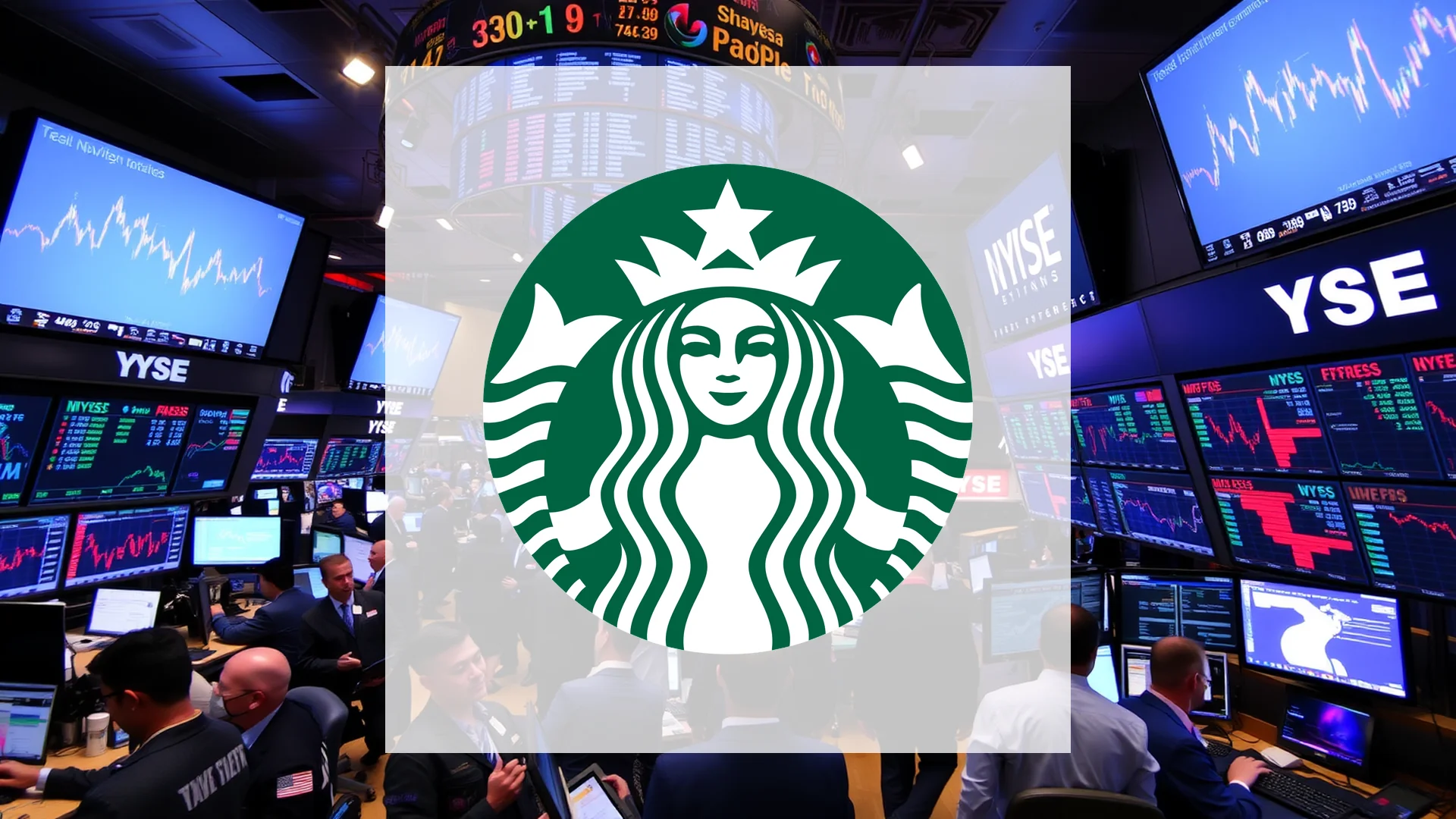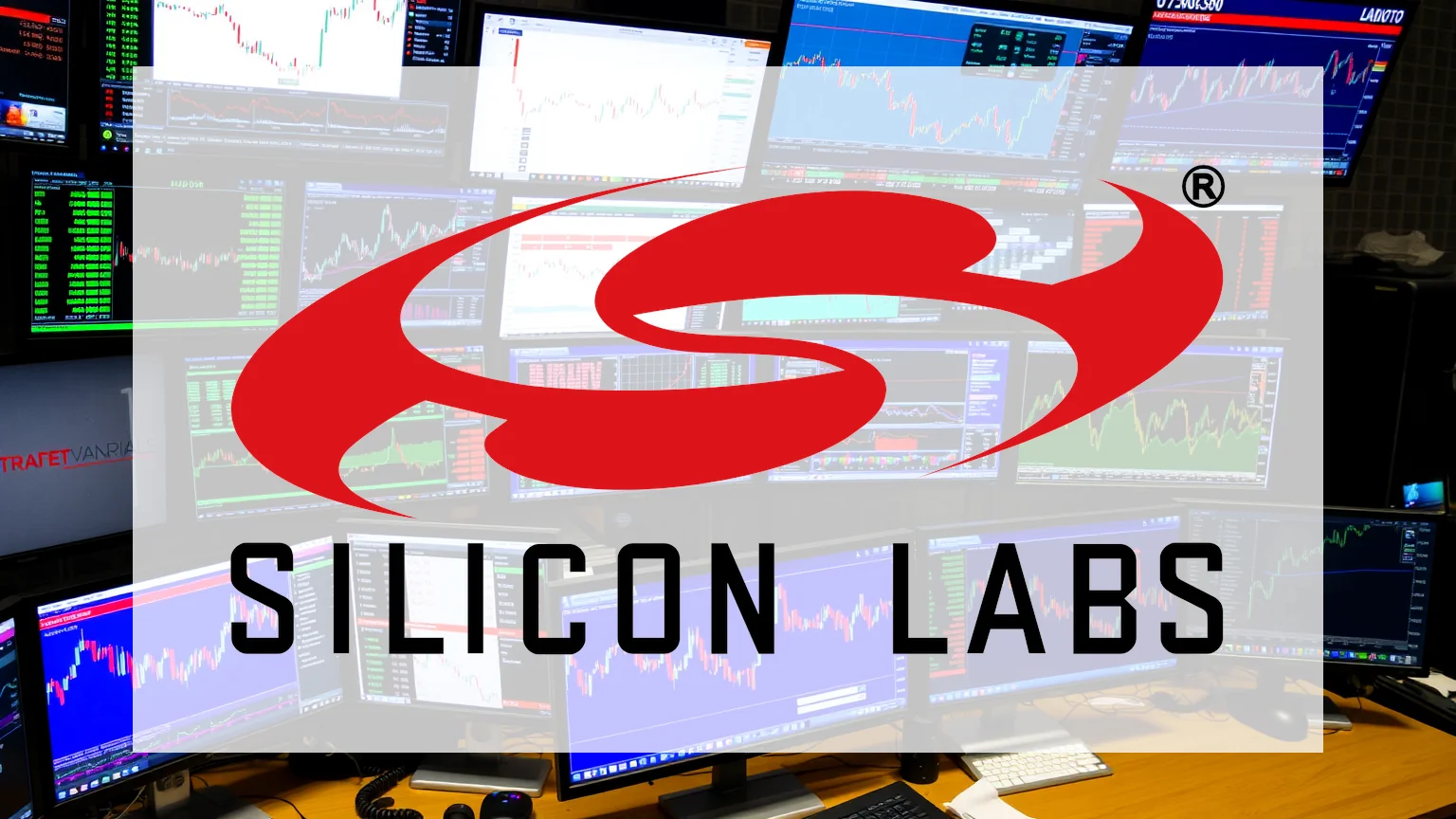A fierce battle is unfolding among major investors in Fiserv, the financial services provider, following a dramatic late-October 2025 sell-off that erased nearly half the company’s market value. The landscape is sharply divided, with some institutions aggressively acquiring shares while others are liquidating their holdings.
This conflict emerged after the stock opened Monday at $60.84, subsequently stabilizing with a 1.8 percent gain. Despite this modest recovery, the security remains dangerously close to its 52-week low of $59.56, indicating ongoing fragility.
Strategic Buying Amid Market Turmoil
As markets continue processing recent volatility, sophisticated investors are capitalizing on the price weakness to build substantial positions. Regulatory filings reveal a clear pattern: these entities are purchasing precisely when others are panic-selling.
Act Two Investors LLC dramatically expanded its stake by 71.1 percent, acquiring an additional 59,058 shares. This move brings their total holdings to 142,177 securities valued at approximately $24.5 million, signaling strong conviction in the company’s long-term recovery prospects.
Even more aggressive was Summit Global Investments, which increased its position by a staggering 860.7 percent. The fund purchased 11,335 additional shares, growing its total stake to 12,652 securities. Such exponential growth suggests quantitative analysis may have identified the stock as mathematically oversold.
Significant Selling Pressure Persists
Not all institutional players are embracing this buying strategy. Bank Julius Baer & Co. Ltd reduced its exposure by 66,655 shares, maintaining a remaining position of 1,063,084 securities. This substantial divestment highlights continued caution among major wealth managers regarding governance concerns.
These opposing institutional moves reflect the valuation chaos following the stock’s collapse.
Should investors sell immediately? Or is it worth buying Fiserv?
Director’s Vote of Confidence
Director Lance M. Fritz provided a particularly revealing signal through his recent market activity. On October 30, he purchased 10,000 shares at an average price of $65.18, representing a personal investment of $651,800.
The timing is significant: Fritz executed this purchase as the stock was plummeting from its $126 level. That an insider would commit substantial capital at $65—approximately 7 percent above current trading levels—suggests the market reaction may have been exaggerated.
Valuation Metrics in Freefall
The sell-off has fundamentally transformed Fiserv’s valuation picture:
• Market Capitalization: Sharply contracted to $33.07 billion
• P/E Ratio: Collapsed to 9.40—historically low for a fintech leader
• Technical Damage: Trading substantially below the 50-day average of $104.16
A price-to-earnings ratio of 9.40 is exceptionally low for an established technology company, typically pricing in either severe fundamental challenges or zero growth expectations. It’s precisely this valuation disconnect that institutional buyers appear to be exploiting.
The critical $59.56 level now functions as the final defensive line for bulls. Should this support hold, the observed institutional accumulation could establish foundation for a sustainable bottom. However, a breakdown below this threshold would likely trigger another wave of panic selling.
Ad
Fiserv Stock: Buy or Sell?! New Fiserv Analysis from February 7 delivers the answer:
The latest Fiserv figures speak for themselves: Urgent action needed for Fiserv investors. Is it worth buying or should you sell? Find out what to do now in the current free analysis from February 7.
Fiserv: Buy or sell? Read more here...











